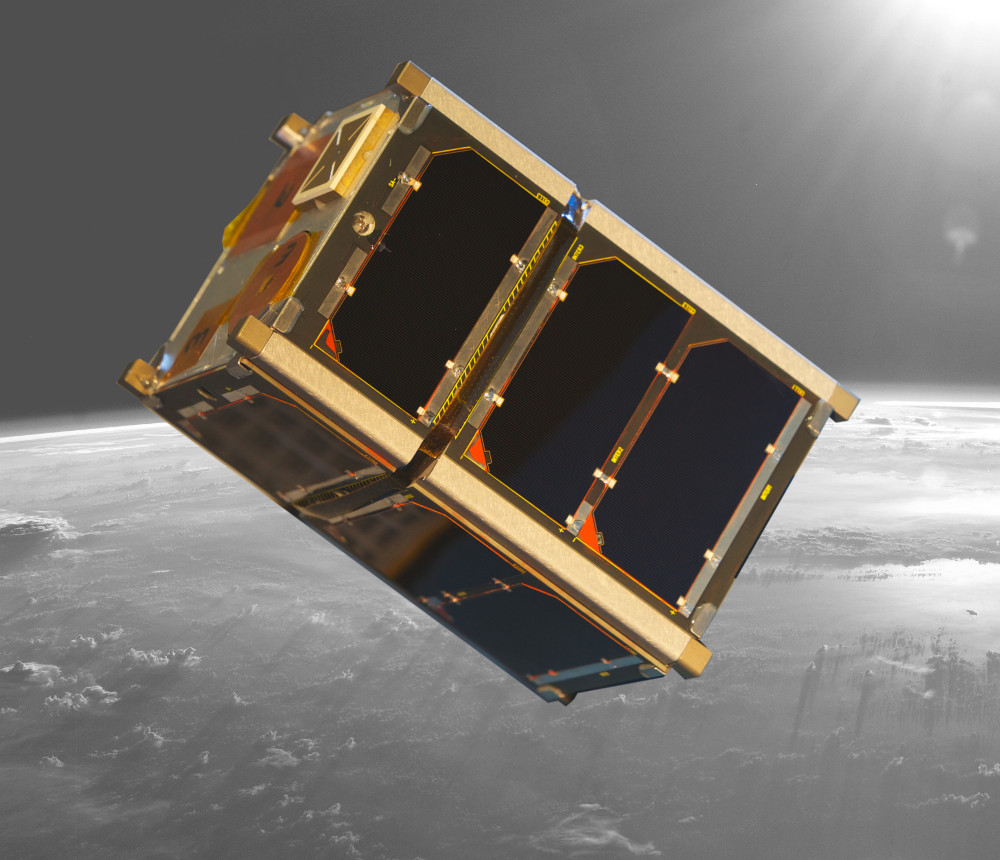Space storage studied
 Italy is developing the first military ‘space cloud’ in Europe.
Italy is developing the first military ‘space cloud’ in Europe.
The Italian Ministry of Defence is funding Leonardo, a state-owned defence and aerospace entity, to begin planning a Military Space Cloud Architecture (MILSCA).
The project aims to provide the Italian government and armed forces with a new level of access to computing, cloud, artificial intelligence (AI), and storage services directly from space.
Leonardo says it will work with satellite manufacturers on new technology that would place cloud storage systems in orbit, theoretically safe from risks on Earth.
Leonardo's collaboration with Telespazio and Thales Alenia Space, joint ventures between the Italian group and France's Thales, marks a significant step forward in the space security industry, focusing on defence and security.
MILSCA promises to store and deliver strategic data such as communications, earth observation, and navigation information, ensuring high-speed and flexible data processing and sharing capabilities.
With 100 Terabytes of data storage aboard each satellite and a planned processing power exceeding 250 TFLOPS, MILSCA could revolutionise information management in defence operations.
The project's initial phase will outline the architecture, followed by the creation of a digital twin, a sophisticated simulation that enables the exploration of MILSCA's full potential.
Simone Ungaro, Leonardo's Chief Innovation Officer, highlighted the strategic significance of the project, saying; “In a multi-domain scenario, management, security, and rapid exchange of an ever-increasing amount of data, much of which is tactical, become strategic elements for the country's defence. We will be the first in Europe to develop a Space Cloud project.”
The venture not only aims to enhance Italy's defence capabilities but also sets a foundation for future civilian applications, including Earth observation programs and space exploration missions.
The Space Cloud system, designed with integrated cybersecurity models, promises to offer greater speed, flexibility, and resilience in the processing and sharing of information, even in the most remote locations.








 Print
Print